
The German government this week made a timely intervention by donating 12 million Euros (Approx. Ushs48bn) to support increased access to water for the people of drought-prone Karamoja region.
The agreement for the financial donation was signed this week by officials of both German and Uganda governments, as well as representatives from the Inter-Governmental Authority on Development (IGAD) who will oversee implementation of projects under the IGAD Drought Disaster Resilience and Sustainability Initiative.
The donation comes as a timely intervention considering that the region is currently suffering from the effects of drought that threatens to cause loss of lives and livestock and associated problems such as cross-border fights between different pastoral tribes living across Uganda and Kenya who move in search of greener pastures and water for animals.
Dr. John Kaboyo, the IGAD coordinator for the drought and disaster resilience platform which brings together all seven countries across the Horn of Africa and which designed a region-wide plan aimed at ending drought disaster emergencies, said that Uganda chose to prioritize access to water.
“In the past, people especially in the pastoral communities used to cope with drought by migrating closer to water sources.
With increased population and development, it is no longer possible to move from one place to another. So the project will instead take water closer to people as a way to increase their coping ability towards drought,” said Kaboyo.
Kaboyo added: “There are countries such as Israel with worse ecological circumstances than us, but they are not completely overwhelmed by drought.”
Kaboyo says the Office of the Prime Minister of Uganda will implement the projects with supervision from the Minister for Karamoja affairs aimed at ensuring that water gets to the people instead of people having to migrate in search of water especially during dry spells.
Under the IGAD Drought Disaster Resilience and Sustainability initiative, countries from the Horn of Africa met in the aftermath of the severe drought of 2011 that caused massive loss especially for pastoral communities and agreed to develop a coordinated inter-governmental responses aimed at bringing an end to emergencies arising from droughts with the realisation that drought disasters know no borders.
German, among other donor countries that pledged to support the initiative, has made the first contribution towards the Karamoja Cluster.
While the world has known Karamoja as a disaster-prone region in need of food aid, officials from the Uganda government and donor community believe the curse may be about to end as new plans aimed at improving income generation take root.
Caren Blume, the Deputy Head of Mission at the German Embassy argues for example that they are trying to sensitize the people of Karamoja to start looking at agriculture and livestock as a business.
“If people see that selling food or livestock can bring in money, they would be encouraged to invest and be able to withstand the effects of drought,” said Blume.
The success of the projects could also depend on addressing existing social cultural realities especially those relating to the roles of women in communities who sometimes use long distances of fetching water to discuss family matters. There are instances where projects aimed at taking water closer to the people, failed because women preferred to preserve their tradition of discussing challenges as they fetched water from long distances.
Kaboyo warned government officials that if the spell of corruption that has derailed similar development projects in Northern Uganda under its watch is tolerated this time around, the country could lose greater benefits aimed at addressing drought disasters since the German donation is the first phase of a bigger project.

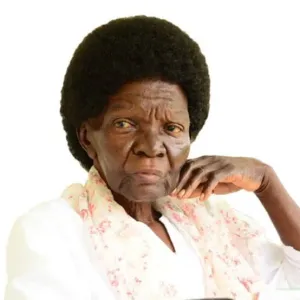
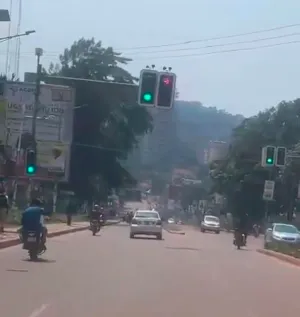
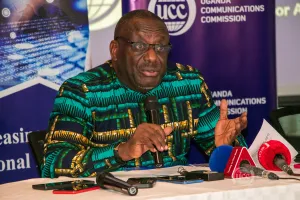

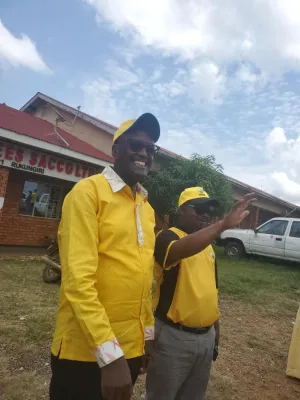
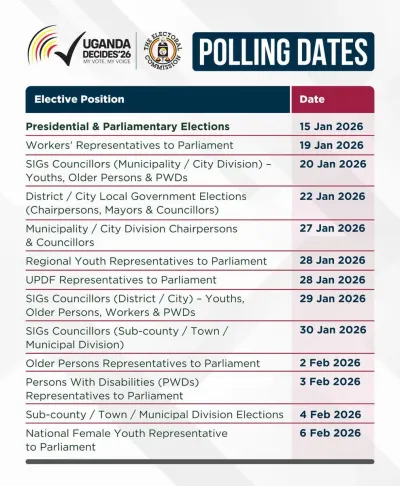



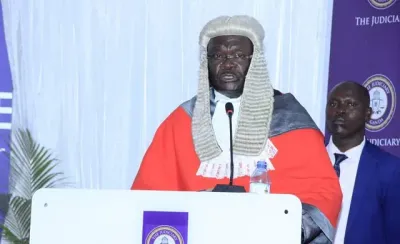
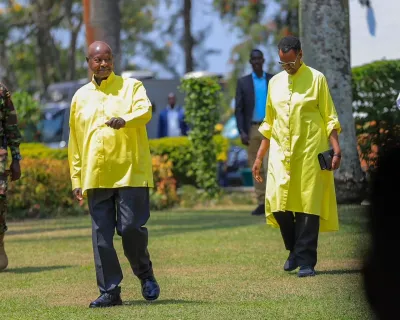
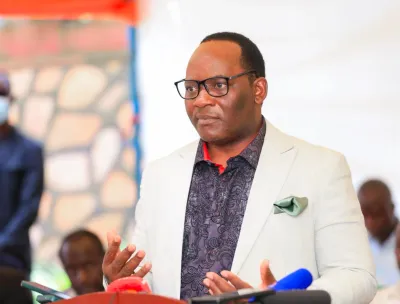

Henry Lutaaya
Leave a Comment
Your email address will not be published.